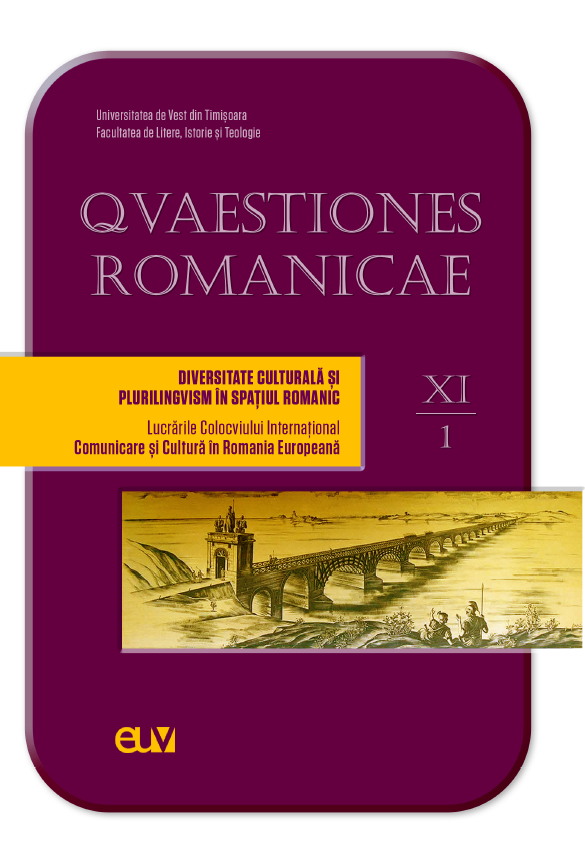Orazio e le lingue del dominio neolatino nell’età del libro antico
Abstract: (Horace and the vernacular languages of Neo-Latin Europe in the age of the ancient book) Quinto Orazio Flacco is among the most translated Latin auctores in European literary cultures, especially in the 16th, 17th and 18th centuries. The repertory and critical reconstruction of the translations that have been the subject of its corpus is therefore offered as a significant document of the fortune of the translation of a literary myth, as it attests to the relationship of imitatio/aemulatio that many Authors established with the model at the time when they decided to assimilate it, through translations, to the National languages and cultures to which they belong.
Keywords: Quinto Orazio Flacco, Translations 16th-18th centuries, Publishing.
Riassunto: Quinto Orazio Flacco è fra i più tradotti auctores latini nelle culture letterarie d’Europa, soprattutto nei secoli XVI, XVII, XVIII. La ricostruzione repertoriale e critica delle traduzioni che hanno avuto per oggetto il suo corpus si offre, quindi, come documento significativo della fortuna traduttoria di un mito letterario, in quanto attesta il rapporto di imitatio/aemulatio che numerosi autori hanno stabilito con il modello nel momento in cui hanno deciso di assimilarlo, attraverso le traduzioni, alle lingue e alle culture nazionali cui essi appartengono.
Parole-chiave: Quinto Orazio Flacco, Traduzioni secc. XVI-XVIII, Editoria.
